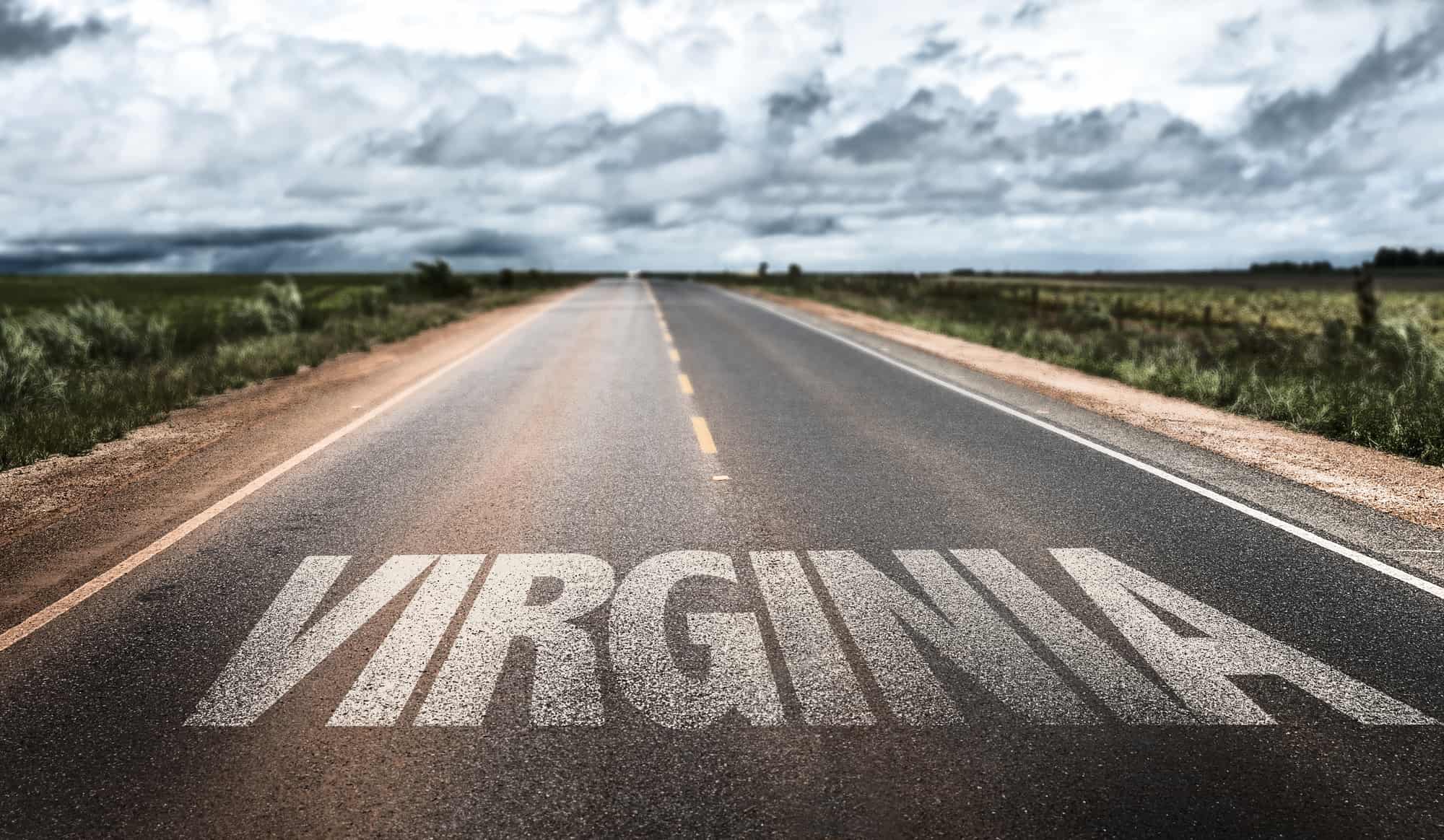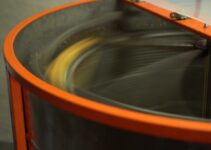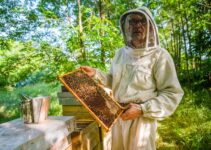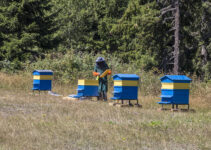Virginia Beach may be seen as a holiday destination for many, but it also has excellent opportunities for beekeepers! Beekeeping laws in Virginia Beach must comply with Virginia state laws regarding the industry, but the city can impose additional regulations within the city limits.
Virginia Beach has local regulations and bylaws that limit beekeeping based on property zones, public nuisance, and public safety issues within the city limits. These regulations are in addition to the Virginia state beekeeping laws that all beekeepers must follow.
All beekeepers in Virginia Beach must be aware of their property zoning and property use laws before setting up beehives on the property. Contravening these bylaws can result in fines, confiscation of hives, or forced destruction of bee colonies.
Laws For Beekeeping In Virginia Beach
Virginia Beach is located on the southeastern coastline of Virginia. The beachfront in the city is a primary draw card for tourism, which is a large part of the city’s economy.
The Atlantic Ocean’s coastal influence also affects the city’s weather. The summers are humid and hot, with maximum temperatures ranging from 77°F to 88°F or 25°C to 31°C.
The winters are mild and cool, with occasional light snowfall. These climate conditions are good for beekeeping, with the summer providing ample forage for bees and the winters not being too harsh on colonies.
The legal aspect of beekeeping in Virginia Beach has to follow the state rules as a minimum baseline for managing beekeeping activities. We have an article dedicated to “Beekeeping Laws In Virginia,” which you can refer to for an overview of the Virginia State beekeeping laws.
Local municipalities can impose additional regulations and bylaws to regulate certain activities within the city limits. Beekeeping is subject to these regulations, and all beekeepers in the city must be aware of the limitations imposed by these laws.
The state laws are prescribed by the Virginia Department of Agriculture and Consumer Services, or VDACS. In contrast, city laws will be defined and policed by the local authorities in the city.
Land Use Beekeeping Laws In Virginia Beach
Most of the laws within a city relate to the zoning or land use of properties which governs the activities that may be undertaken on the property.
The other aspect of city legislation regarding beekeeping is the aspect of public safety and the nuisance value of the bees.
Can You Keep Bees On Agricultural-Zoned Land In Virginia Beach?
Beekeeping is seen as an agricultural activity and, as such, is permitted on property zoned for agricultural use.
The agricultural property in Virginia Beach is usually on the city’s outskirts, where the bees are less likely to cause safety issues or become a nuisance to the public.
The property zones AG-1 and AG-2 permit the keeping of bees. These properties must be a minimum of 1-acre area to receive this zoning.
Can You Keep Bees In Residential-Zoned Property In Virginia Beach?
Residential areas are most likely the properties where hobbyist beekeepers in Virginia Beach will locate their hives unless they have contacts on an agriculturally zoned property.
There are several classes of residential zoning in Virginia Beach, with differing beekeeping requirements.
Beekeeping is permitted on properties zoned for residential, but you must find out which residential code your property is zoned under to establish the exact regulations for beehives.
The municipal code regulates beekeeping on residential properties in the “Accessory uses and structures” section.
The residential zones in Virginia Beach are as follows.
- R-40
- R-30
- R-20
- R-15
- R-10
- R-7.5
- R-5D
- R-5R
- R-5S
- R-2.5
The beekeeping structures are not allowed to exceed the height of the principal structure on the residential property. This law means you cannot have beehives above the level of the roof of the main building on your property.
Properties zoned as R-40 and R-30 may have beehives if the total area used for bees does not exceed 30% of the floor area of the main building on the property.
The restriction for keeping bees on all the other residential zoned properties requires that the space used for beekeeping does not exceed 500 square feet or 20% of the total floor area of the main building, whichever is greater.
No beekeeping is permitted on properties zoned as APZ-1 or Accident Potential Zone 1, as these properties are zoned as high-risk areas, and rescue officials do not need to deal with bees as an added issue in the case of an accident.
Beekeepers on a residential-zoned property must also consult the state beekeeping laws, which have regulations regarding the number of beehives that can be kept depending on the size of the property.
- ¼ acre or smaller. No more than 2 permanent beehives are allowed.
- ¼ to ½ acre property. No more than 4 permanent bee hives.
- ½ acre to 1-acre property. No more than 6 permanent bee hives.
There are also restrictions regarding the placement of hives on properties in relation to property lines and public safety, detailed in the state laws.
This restriction highlights the importance of checking municipal ordinances in conjunction with state laws to ensure your beekeeping is legitimate!
Can You Keep Bees On Property Zoned For Apartments In Virginia Beach?
Virginia Beach has property zones A-12, A-18, A-24, and A-36 that are designated as apartment districts. The intention for these properties is high-density or multiple-family housing.
The high-density dwelling zoning means that agricultural use for the land has to be severely restricted. Beekeeping on properties with these zone designations is not allowed by the city.
Open land space is usually limited on these properties and reserved for small green areas or playgrounds for children. Keeping bees in these property areas would pose a danger to the people living in the area.
Virginia Beach Beekeepers Association
Beekeeping associations are a good source of local beekeeping information. The associations are kept up to date with local regulations for beekeeping and pass this information on to members.
As a new beekeeper, these are invaluable resources to learn more about the legalities of beekeeping in Virginia Beach.
The Virginia Beach Beekeeping Club is the main beekeeping association in the area. The club offers valuable information to beekeepers in the area and has a mentorship program for beginner beekeepers.
Conclusion
Virginia Beach is a good environment for beekeepers, but there are restrictions for beekeeping within the city limits. Most restrictions are regarding property zoning and usage laws the city authorities apply.
Virginia Beach beekeeping laws must always be applied in conjunction with the state beekeeping laws, which are also applicable in the city.
References




